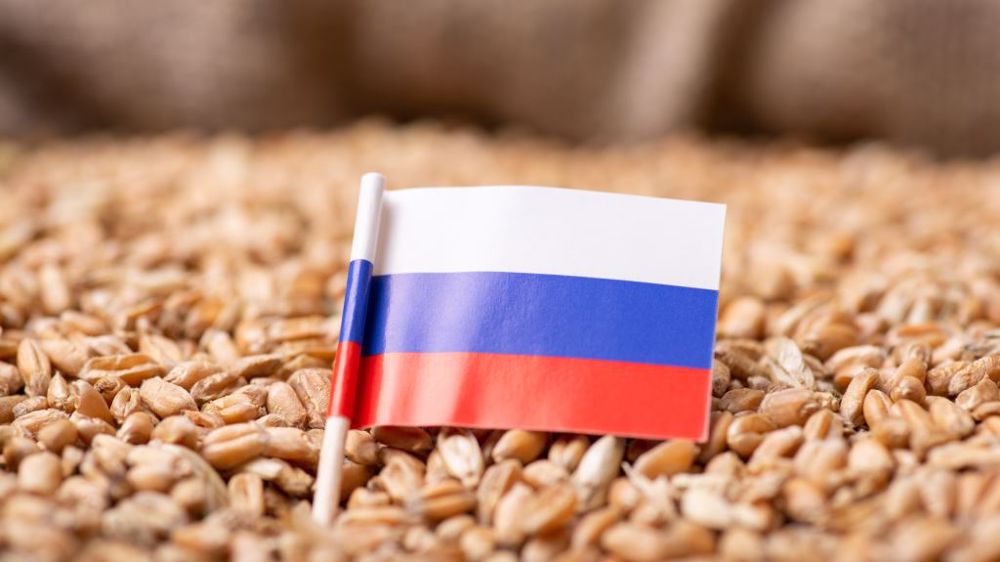Urban agriculture is booming rapidly in large cities, offering effective local solutions to the environmental and societal challenges of metropolises. Today, more than 1625 sites in Île-de-France participate in this dynamic, with 1100 jobs in structures such as collective gardens and urban farms, covering about 190 hectares.
Paris, in particular, is seeing a strong expansion of this kind of initiative, with projects recently put in place, such as the transformation of the Plaza de Catalunya into an urban forest. This makes it possible to reduce heat islands and also improve air quality, in line with the national revegetation plan to counter the effects of global warming. In order to promote these projects, which are part of the generation of new farmers, an agreement was signed in March 2024 with the French Association of Professional Urban Agriculture (AFAUP) and the Agency for Ecological Transition (ADEME), with the mission of supporting the Ile-de-France Network of Urban Agriculture. This agreement allocates €90,000 to strengthen the sector and develop new projects by 2027. Among the techniques used are aquaponics, hydroponics, collective gardens or vegetable gardens.
Other capitals in the world also use these techniques, such as New York. This world capital, where urban agriculture is experiencing significant momentum, is supported by the “Mayor’s Office of Urban Agriculture“, a plan put in place to strengthen food security and climate resilience in the 5 boroughs (Manhattan, Brooklyn, Queens, The Bronx and Staten Island). This initiative prioritizes access to fresh food, especially in low-income communities, by identifying underutilized municipal land for agriculture and developing partnerships with local farms. Today, the city has about 550 community gardens, supported by educational programs to educate young people about healthy farming practices.
In 2024, the “Reimagining Farm to School NYC” program allowed young students to visit urban farms, learning about local crops and nutritious recipes, while meeting local farmers first-hand. This dynamic is part of a desire to highlight more initiatives promoting local, economical and environmentally friendly food throughout the city.
These key figures underline the impact of urban agriculture today. In France, the network has more than 1600 projects, including 178 participatory urban farms and 70 projects in the heart of Paris, as well as other capitals that are following the same pace. These initiatives promote food self-sufficiency and local agriculture, prioritizing short circuits and raising awareness of sustainable practices among the population.




